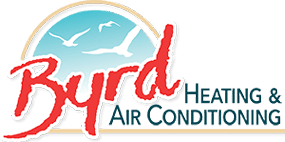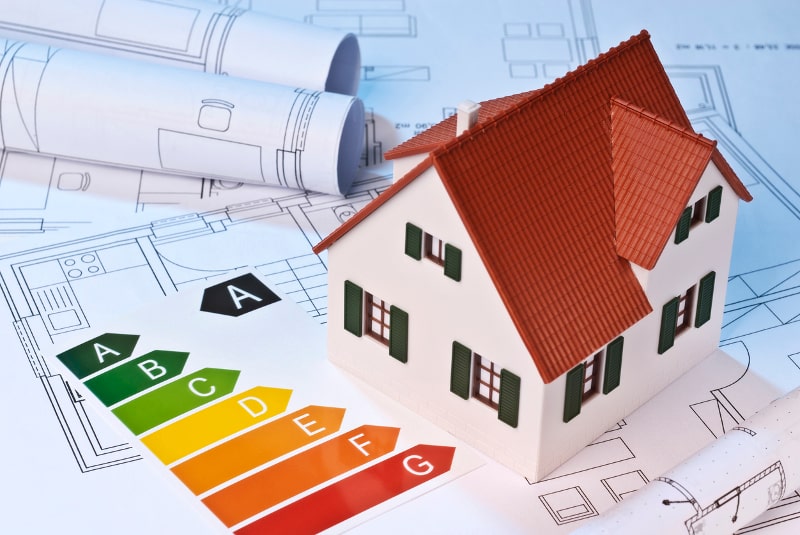Many homeowners in Guyton, GA, pay a lot of attention to various energy-efficient appliances like dryers but neglect their air conditioners. Consequently, they incur high energy bills, especially when the weather starts to warm up during spring. This article describes the major factors that prevent your AC system from achieving its peak performance.
1. System Size
The size of your air conditioning system is a significant factor when it comes to its efficiency. Improper sizing always leads to ineffective results.
For example, if the AC is too small, it will have to work harder to maintain the desired temperatures in the house. If it’s extremely large, it will short cycle constantly as it tries to cool your home.
These differences will decrease your AC’s energy efficiency and increase your utility bills. The best solution is to install an air conditioner that meets your home’s cooling and heating requirements.
2. Lack of Maintenance
Your air conditioner requires regular servicing by experienced technicians to remain operational. The HVAC professionals will identify any underlying flaws affecting your system and fix them before they cause more serious issues. Without maintenance, the AC is likely to develop serious problems that will affect its functionality and efficiency in the long run.
3. Dirty Coils
The dirt that builds up on the AC evaporator or condenser’s coils clogs them and limits their capacity to transfer heat out of your home. This issue forces the system to work harder than usual and consume more energy to maintain comfortable temperatures in the house. Cleaning the buildup improves air circulation in the building and improves the AC’s cooling efficiency.
4. Indoor Air Quality
Your AC is likely to be less efficient if the indoor air quality is low. This is because the dust, pet hair, pollen and debris accumulate in the AC’s air filters, causing the system to work harder and consume more energy. Based on this information, improving the indoor air quality will enable your AC to run better and save you money.
5. Age
An AC’s age has a significant impact on its performance and efficiency. Air conditioners perform less efficiently as they grow older. This mostly happens when the system lacks frequent maintenance or reaches its lifespan.
AC systems that are older than 10 years consume a lot of energy because they do not match the current federal regulations for energy-efficient HVAC systems. The only solution to this issue is to replace it with a newer AC model.
6. SEER Rating
SEER stands for Seasonal Energy Efficiency Ratio. It’s the air conditioning system’s energy efficiency when it’s cooling your home and basically tells you how much energy the system uses.
Currently, the minimum SEER value that air conditioner manufacturers offer is 13. Systems with values above this offer greater efficiency because they require less energy to maintain comfortable temperatures.
Before 2006, AC manufacturing companies had not yet adopted the current mandates. For this reason, the old systems installed before this date have lower SEER values and are less efficient than newer AC models. Homeowners living in Guyton, GA, should not forget to check the SEER ratings when installing new AC units.
7. Thermostat Settings
Your thermostat settings also determine the amount of energy that the AC consumes to cool the air in your house. For instance, your HVAC system will run for longer periods if the difference between the set temperatures and outdoor climate is high. Programmable thermostats are more efficient than manual ones because they conserve energy when the demand for cooling the house is low.
In conclusion, homeowners understand the importance of their AC systems this spring. However, this system cannot operate smoothly and save energy if it’s outdated, improperly sized, has dirty coils or lacks regular maintenance. Call Byrd Heating and Air Conditioning today and allow our experienced technicians to service your AC and make it more efficient.
Image provided by iStock


